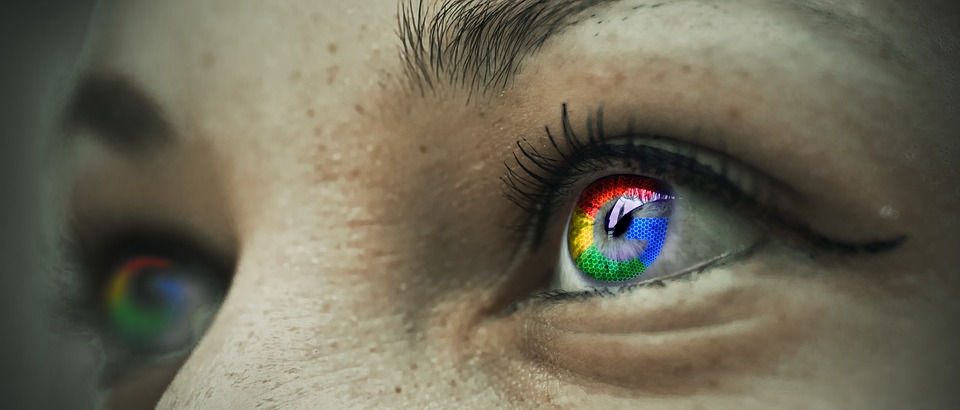
Advertisement
Search engine giant Google is planning to crack down on digital advertising that users find annoying and intrusive as part of a major new software overhaul to its Chrome browser. Reports indicate that Google has already issued warnings to nearly 700 online publishers who produce ads that won’t be visible in the new Chrome system – among them Forbes, the Los Angeles Times, the New York Daily News, and the Chicago Tribune.
The changes come as Apple, Microsoft, and Mozilla are all planning the same changes to their browsers: Safari, Internet Explorer, and Firefox, respectively. All three companies are aggressively tightening their browser standards in response to takeover advertising schemes that force ads over content and create negative experiences for users.
The Coalition for Better Ads (CBA) formed a little over a year ago to help develop new browser standards aimed at cleaning up this advertising disaster. Not only is it bad for users who are less likely to visit such sites, but it’s also bad for advertisers in general whose ads end up being blocked by ad-blocking software, which is more popular than ever.
“One thing that everyone agreed on was that anything that was done [to clean up the ads] must be done under industry auspices,” says Randall Rothenberg, head of the Interactive Advertising Bureau and one of the founding members of CBA.
“Everyone was opposed to individual browser companies implementing their own standards to clean up the bad user experiences,” Rothenberg adds. This one-off approach would lead to “chaos in the ad market,” he warns. “Google has been very public saying it does not want to do anything outside the Coalition.”

Google plans to block even its own ads that violate intrusion standards
For all of the blatant free speech violations that Google has engaged in over the last year, these upcoming changes to its advertisement offerings via Chrome don’t appear to have censorship in mind. Google won’t be blocking ads or targeting specific advertisers, but rather encouraging advertisers to clean up their act.
Any websites bearing intrusive advertisements like videos that start to autoplay with sound the minute one opens the page, for instance, won’t be tolerated. This even includes ads that are owned or served by Google that don’t meet the strict new guidelines being built into the Chrome system. This is why Google is referring to the update as an ad “filter” rather than a “blocker.”
“Google is providing a tool that publishers can run to find out if their sites’ ads are in violation and will be blocked in Chrome,” explains The Verge‘s Jacob Kastrenakes. “Unacceptable ads are being determined by a group called the Coalition for Better Ads, which includes Google, Facebook, News Corp, and The Washington Post as members.”
That last sentence is where some people have a problem, though, as four of the biggest names in “fake news” and censorship will be deciding whether or not internet ads are acceptable. The hope is that they will simply work together to improve the advertising experience for all users, and not target specific types of advertising.
It has the potential to become both a good thing and a bad thing – good in the sense that both internet users and publishers alike will benefit from more streamlined ads. On the other hand, Google will gain immense power over what the future of the web looks like, presumably for the purpose of expanding its own revenue streams.
“Ultimately, it means Google gets to decide what qualifies as an acceptable ad (though it’s basing this on standards set collectively by the Coalition for Better Ads),” ads Kastrenakes. “That’s a good thing if you trust Google to remain benign and act in everyone’s interests. But keep in mind that Google is, at its core, an ad company. Nearly 89 percent of its revenue comes from displaying ads.”
Sources for this article include:
Submit a correction >>
This article may contain statements that reflect the opinion of the author
Advertisement
Advertisements















